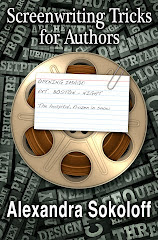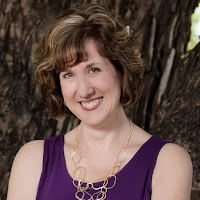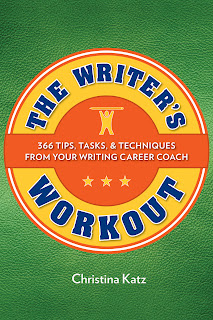I love historical fiction, and Deeanne Gist is one of those authors who you know will deliver a great story, wonderful characterization, and the zing of romance. Gist's latest novel, Tiffany Girl, releases today.
Set during the time of the 1893 World's Fair in Chicago, this book (Gist's third set in that year) takes place in New York City, where Louis Tiffany creates stained glass windows. Check out the synopsis:
SYNOPSIS: From the bestselling author of It Happened at the Fair and Fair Play comes a compelling historical novel about a progressive “New Woman”—the girl behind Tiffany’s chapel—and the love that threatens it all.
As preparations for the 1893 World’s Fair set Chicago and the nation on fire, Louis Tiffany—heir to the exclusive Fifth Avenue jewelry empire—seizes the opportunity to unveil his state-of-the-art, stained glass, mosaic chapel, the likes of which the world has never seen.
But when Louis’s dream is threatened by a glassworkers’ strike months before the Fair opens, he turns to an unforeseen source for help: the female students at the Art Students League of New York. Eager for adventure, the young women pick up their skirts, move to boarding houses, take up steel cutters, and assume new identities as the “Tiffany Girls.”
Tiffany Girl is the heartwarming story of the impetuous Flossie Jayne, a beautiful, budding artist who is handpicked by Louis to help complete the Tiffany chapel. Though excited to live in a boarding house when most women stayed home, she quickly finds the world is less welcoming than anticipated. From a Casanova male, to an unconventional married couple, and a condescending singing master, she takes on a colorful cast of characters to transform the boarding house into a home while racing to complete the Tiffany chapel and make a name for herself in the art world.
As challenges mount, her ambitions become threatened from an unexpected quarter: her own heart. Who will claim victory? Her dreams or the captivating boarder next door?
Gist's characters Flossie and Reeve will pull you in and keep you turning pages. I handed the book to my husband the other night and haven't seen him except for meals. You can read more about the characters here.
Through a special arrangement, readers can buy the book at a 30% discount from Givington's. Not only will readers get a great deal, but $1.50 of the purchase will go toward an organization helping kids with dyslexia, which Gist herself suffered from.
If you belong to a book club, Gist has not one, but three different free book club kits available for download. Choose the one that fits your group the best. Also, head over to Gist's site to enter a contest for a great bathtub reading kit.
Set during the time of the 1893 World's Fair in Chicago, this book (Gist's third set in that year) takes place in New York City, where Louis Tiffany creates stained glass windows. Check out the synopsis:
SYNOPSIS: From the bestselling author of It Happened at the Fair and Fair Play comes a compelling historical novel about a progressive “New Woman”—the girl behind Tiffany’s chapel—and the love that threatens it all.
As preparations for the 1893 World’s Fair set Chicago and the nation on fire, Louis Tiffany—heir to the exclusive Fifth Avenue jewelry empire—seizes the opportunity to unveil his state-of-the-art, stained glass, mosaic chapel, the likes of which the world has never seen.
But when Louis’s dream is threatened by a glassworkers’ strike months before the Fair opens, he turns to an unforeseen source for help: the female students at the Art Students League of New York. Eager for adventure, the young women pick up their skirts, move to boarding houses, take up steel cutters, and assume new identities as the “Tiffany Girls.”
Tiffany Girl is the heartwarming story of the impetuous Flossie Jayne, a beautiful, budding artist who is handpicked by Louis to help complete the Tiffany chapel. Though excited to live in a boarding house when most women stayed home, she quickly finds the world is less welcoming than anticipated. From a Casanova male, to an unconventional married couple, and a condescending singing master, she takes on a colorful cast of characters to transform the boarding house into a home while racing to complete the Tiffany chapel and make a name for herself in the art world.
As challenges mount, her ambitions become threatened from an unexpected quarter: her own heart. Who will claim victory? Her dreams or the captivating boarder next door?
Gist's characters Flossie and Reeve will pull you in and keep you turning pages. I handed the book to my husband the other night and haven't seen him except for meals. You can read more about the characters here.
Through a special arrangement, readers can buy the book at a 30% discount from Givington's. Not only will readers get a great deal, but $1.50 of the purchase will go toward an organization helping kids with dyslexia, which Gist herself suffered from.
If you belong to a book club, Gist has not one, but three different free book club kits available for download. Choose the one that fits your group the best. Also, head over to Gist's site to enter a contest for a great bathtub reading kit.
What was the last book you read? Leave a note in the comments.
























